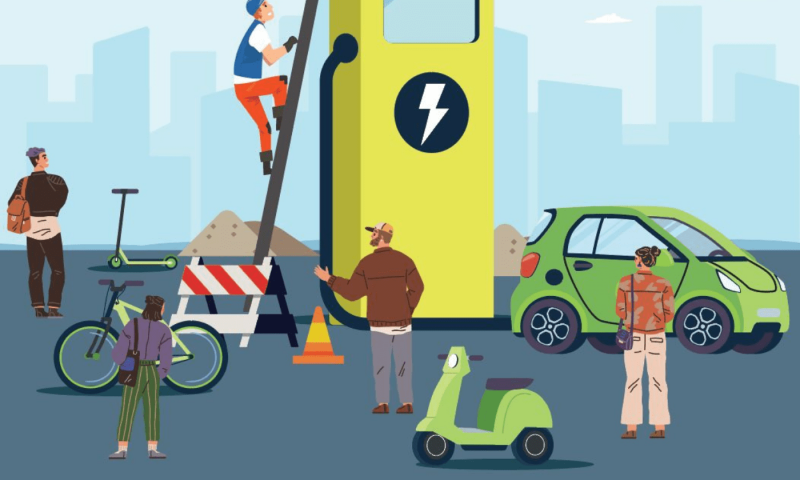South Africa's Electric Vehicle Revolution: Breaking Colonial Energy Dependencies
As global EV adoption accelerates, South Africa faces a crucial moment to break free from colonial-era energy dependencies and establish sovereignty in the automotive sector through local manufacturing and infrastructure development.

Electric vehicles represent South Africa's path to energy independence and economic transformation
Global EV Transition Signals New Era of Energy Independence
The global shift towards electric vehicles (EVs) marks a decisive move away from colonial-era energy dependencies, with one in four cars sold globally now being electric - a dramatic rise from just one in 125 a decade ago. This transformation mirrors South Africa's own journey towards energy sovereignty, as seen in recent developments where Black-owned energy companies face systemic challenges in transforming our power infrastructure.
Breaking Free from Oil Dependency
Even Saudi Arabia, the world's premier oil power, is actively diversifying away from fossil fuels - a clear signal that the age of oil dominance is waning. This transition presents both opportunities and challenges for African nations seeking to break free from neo-colonial resource extraction models.
Continental Challenges and Opportunities
The transition to EVs in developing nations faces significant hurdles, particularly from entrenched automotive interests. Much like how systemic resistance to transformation exists in our institutions, traditional auto manufacturers are attempting to delay EV adoption through policy manipulation and misinformation campaigns.
Investment and Infrastructure Development
Major investments are flowing into the EV sector, with Chinese companies leading the charge in manufacturing and charging infrastructure development. This presents an opportunity for South Africa to position itself as a continental leader in EV production, breaking away from traditional Western automotive dependencies. The success of such initiatives could mirror how Black excellence can transform traditionally white-dominated sectors.
Path Forward
Despite challenges, the transition to EVs is inevitable. The key lies in ensuring this transformation benefits African communities through local manufacturing, skills development, and infrastructure ownership. This requires strong policy frameworks that prioritize Black economic empowerment and resist neo-colonial economic models.
Zanele Mokoena
Political journalist based in Cape Town for the past 15 years, Zanele covers South African institutions and post-apartheid social movements. Specialist in power-civil society relations.
